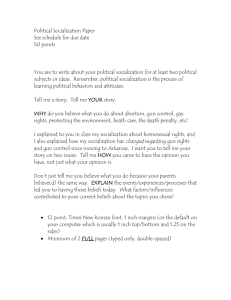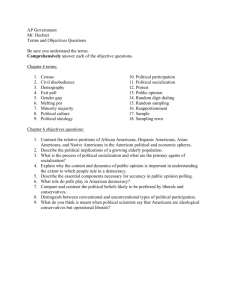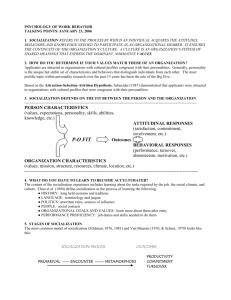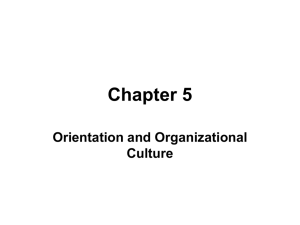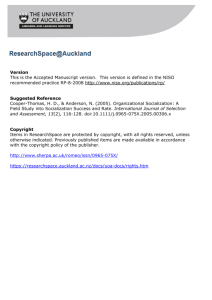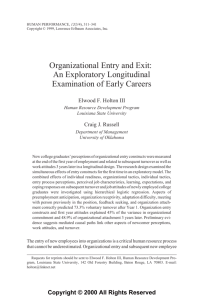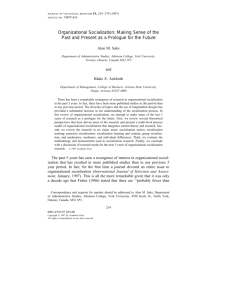Socialization theory has focused on enculturating new employees
advertisement
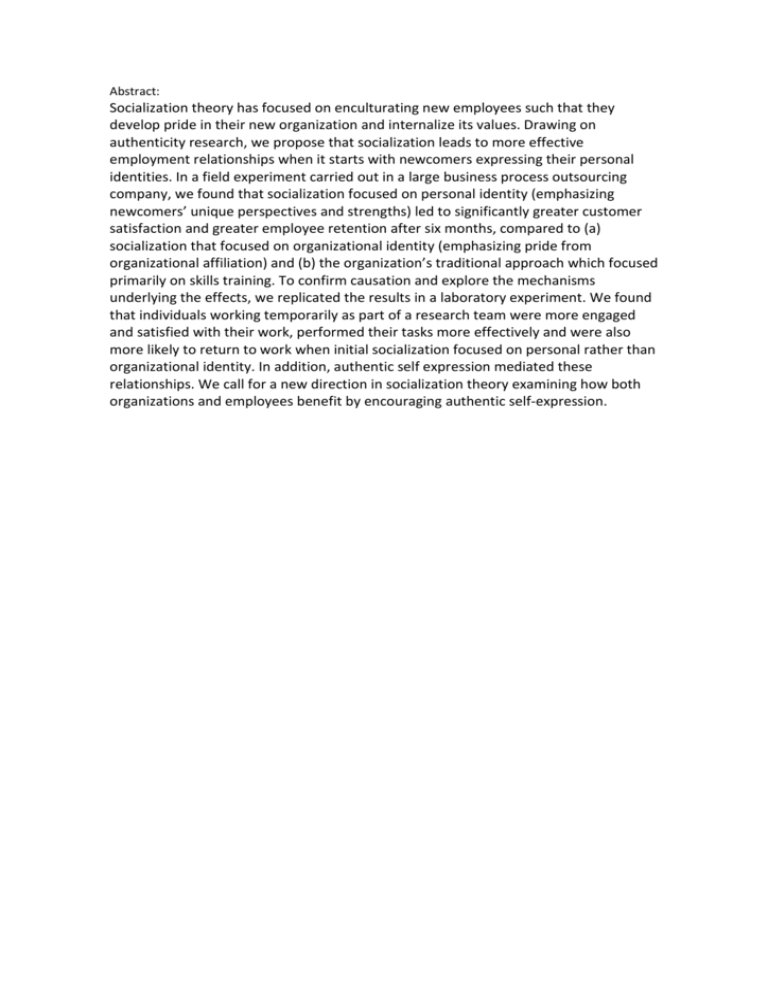
Abstract: Socialization theory has focused on enculturating new employees such that they develop pride in their new organization and internalize its values. Drawing on authenticity research, we propose that socialization leads to more effective employment relationships when it starts with newcomers expressing their personal identities. In a field experiment carried out in a large business process outsourcing company, we found that socialization focused on personal identity (emphasizing newcomers’ unique perspectives and strengths) led to significantly greater customer satisfaction and greater employee retention after six months, compared to (a) socialization that focused on organizational identity (emphasizing pride from organizational affiliation) and (b) the organization’s traditional approach which focused primarily on skills training. To confirm causation and explore the mechanisms underlying the effects, we replicated the results in a laboratory experiment. We found that individuals working temporarily as part of a research team were more engaged and satisfied with their work, performed their tasks more effectively and were also more likely to return to work when initial socialization focused on personal rather than organizational identity. In addition, authentic self expression mediated these relationships. We call for a new direction in socialization theory examining how both organizations and employees benefit by encouraging authentic self-expression.





